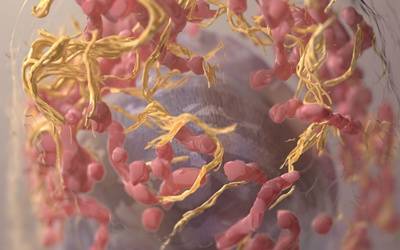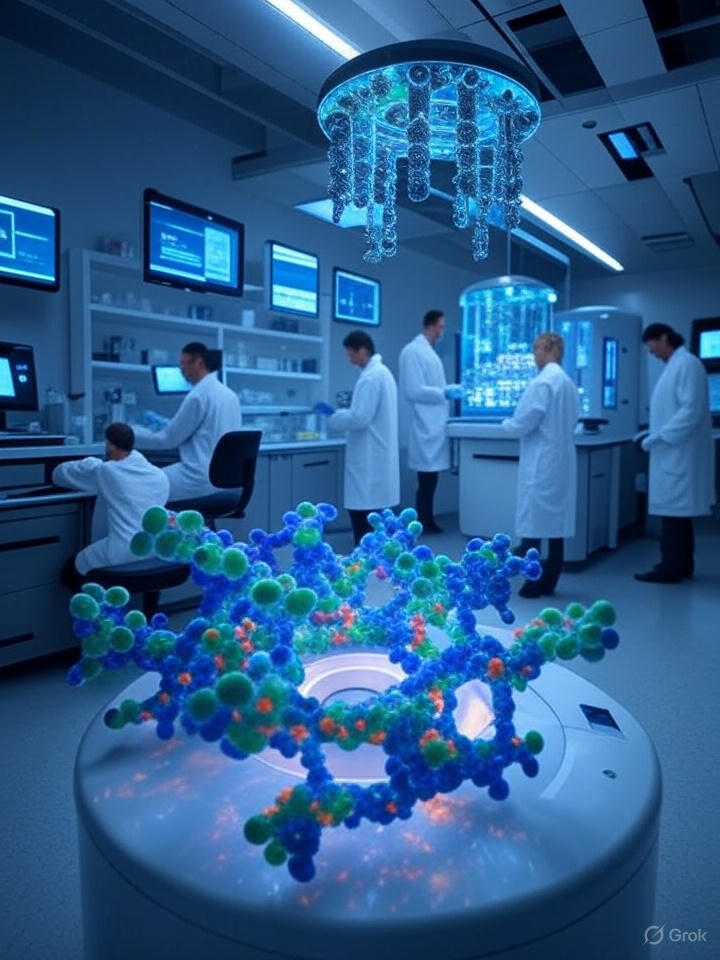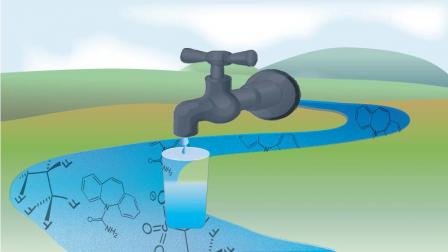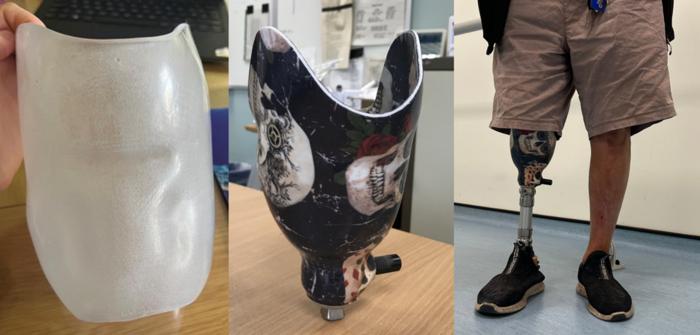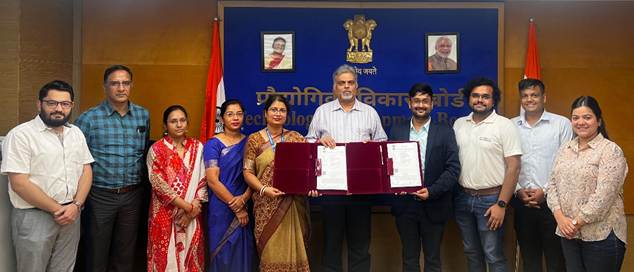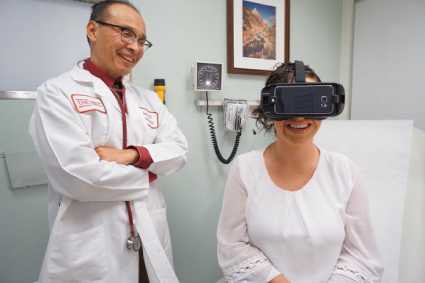Researchers at the University of Gothenburg have developed an AI model that significantly enhances the detection of cancer through sugar analyses. This AI model, named Candycrunch, is faster and more effective at identifying abnormalities than the current semi-manual methods.
Glycans and Cancer Detection
Glycans, which are structures of sugar molecules in our cells, can be measured by mass spectrometry. These structures can indicate various forms of cancer in cells. However, analyzing the data from mass spectrometer measurements to determine glycan structures is a time-consuming process. It often requires hours to days per sample and can only be performed with high confidence by a small number of experts worldwide, due to the intricate nature of the analysis.
Automating the Detective Work
The analysis process is a significant bottleneck, particularly when many samples need to be evaluated for cancer detection. The AI model developed at the University of Gothenburg automates this process, solving the task in just a few seconds per test. The findings were published in the journal Nature Methods.
Candycrunch was trained using a database of over 500,000 examples of different fragmentations and associated sugar molecule structures.
“The training has enabled Candycrunch to calculate the exact sugar structure in a sample in 90 percent of cases,” says Daniel Bojar, Associate Senior Lecturer in Bioinformatics at the University of Gothenburg.
Discovering New Biomarkers
This AI model has the potential to reach accuracy levels similar to the sequencing of other biological sequences, such as DNA, RNA, or proteins. Due to its speed and accuracy, Candycrunch can accelerate the discovery of glycan-based biomarkers for both the diagnosis and prognosis of cancer.
“We believe that glycan analyses will become a bigger part of biological and clinical research now that we have automated the biggest bottleneck,” says Daniel Bojar.
Moreover, Candycrunch can identify structures often missed by human analyses due to their low concentrations. This capability can help researchers discover new glycan-based biomarkers, further advancing cancer research and diagnostics.
- Eurekalert

